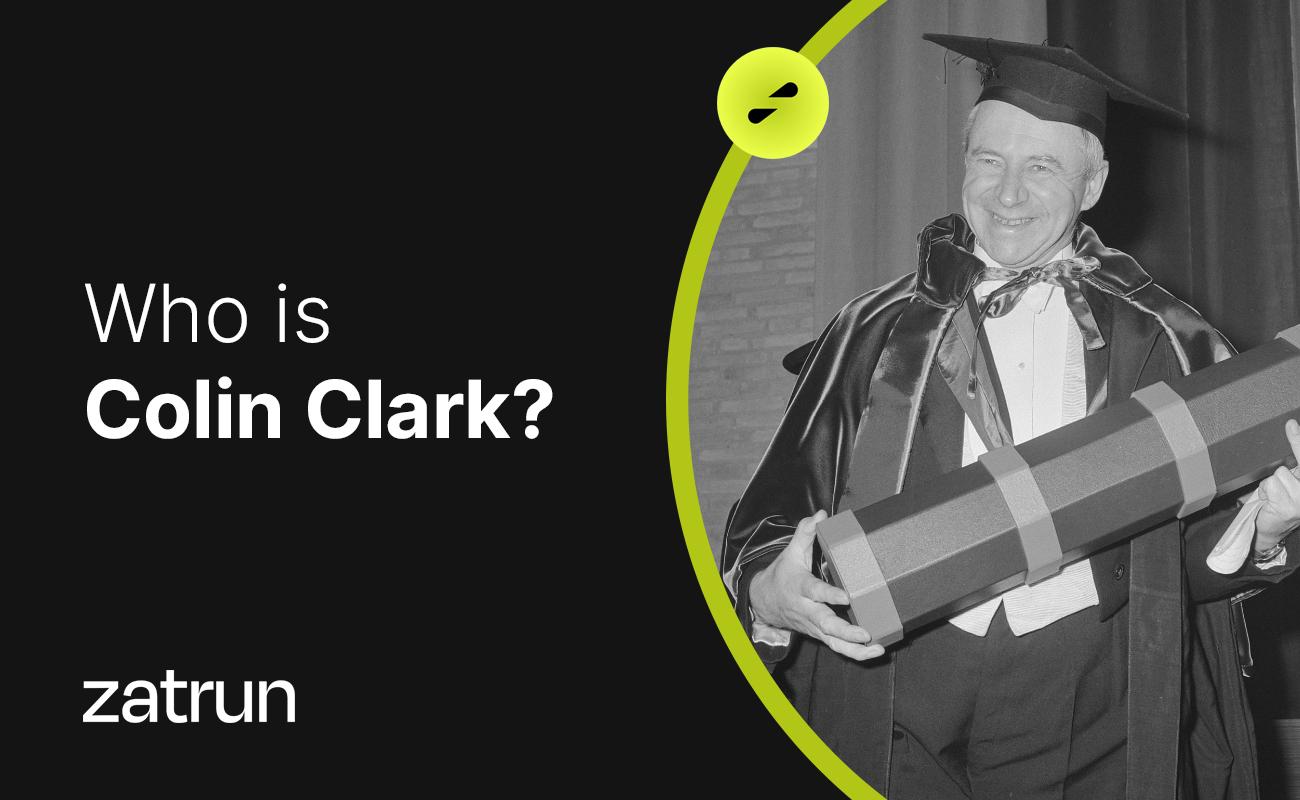Edward Chamberlin was an American economist born in 1899 in the state of Washington and died in 1967 in the state of Massachusetts. He first worked at the University of Iowa and then received his master’s degree at the University of Michigan, eventually earning his PhD from Harvard University in 1927. Chamberlin, who was influenced by Frank H. Knight, is a pioneering figure in the field of economics. If you want to learn more about Chamberlin, keep reading this article of Zatrun.com.
Who is Edward Chamberlin?
Edward Hastings Chamberlin was an American economist born in La Conner, Washington, and died in Cambridge, Massachusetts. He taught economics at Harvard University for most of his career (1937-1967). He made significant contributions in microeconomics, especially in the areas of competition theory and the connection between consumer choice and prices. He explained how a supplier can demand a higher price than under perfect competition conditions using the term “product differentiation.” His most important contribution is Chamberlin’s theory of monopolistic competition.

In 1933, he published his book “The Theory of Monopolistic Competition.” That same year, Joan Robinson published her book “The Economics of Imperfect Competition,” and these two economists are considered the parents of modern imperfect competition studies. Chamberlin argued that to explain product differentiation, a firm must differentiate itself from other sellers. The key is to use buyer preferences and be purposeful rather than hoping for random outcomes.
Edward Chamberlin also suggested that a monopolistic form of differentiation could arise in the form of a patent or copyright. Patents and copyrights are empirically monopolistic, but they represent “maximizing the total profit in the market” of the monopolist controlling the market while leaving opportunities for other sellers to differentiate their own products. Trademarks should also be considered, but what is done to trademark a product must be legally applicable and cannot be used by anyone else.
Edward Chamberlin, Views, and Impact
Edward Chamberlin is considered the founder of the field of industrial organization, which studies market structure and competition, according to accepted sources. Industrial organization is an economic field that examines how companies compete and covers many topics, including profit maximization, market power, product quality, and antitrust laws.

Chamberlin’s economic theories cover many aspects of industrial organization, such as product differentiation and patent use. He was also one of the first theorists to apply the marginal revenue idea hidden in Cournot’s monopoly theory. Chamberlin is considered the “first creator of not only the first market experiment but any economic experiment” with experiments used to show that prices cannot necessarily reach equilibrium. Chamberlin concludes that market prices are influenced by both monopolistic and competitive elements.
Chamberlin’s theory of monopolistic competition is used in sociologist Harrison White’s “markets from networks” market structure and competition model. Chamberlin, Robinson, and other contributors to the Structure-Conduct-Performance Paradigm’s work were ignored by game theorists in the 1960s, but other people, such as Nobel Prize winner Paul Krugman, have given high praise for their theories of industry structure.












